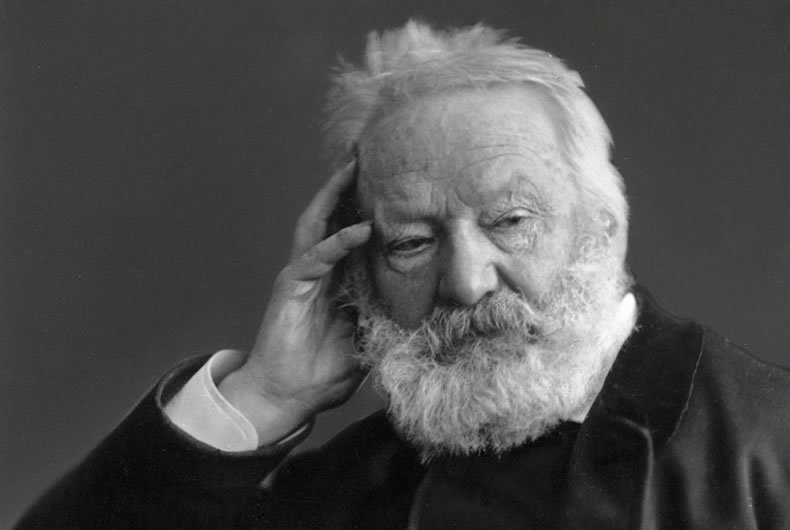Victor Hugo first published “The Last Day of a Condemned man” in 1829. The novel recounts the thoughts of a man condemned to die. The author wrote the novel to express his feelings and ideas about the death penalty and why it should be abolished.
The narrative presents a man who is condemned to death in 19th century France. The thoughts, cogitations, feelings and fears are all self-reported while he waits for his execution. During the narrative, Victor Hugo represents the last days of the condemned man. Interesting and insightful detail of the novel is that the author does not reveal the crime committed or the motivations of the death penalty. The reader does not even know if the convicted man regrets what he has done.

On the other hand, we know that the condemned man curses another crime. The one of the State – by condemning a man to death, the State will leave his daughter with no father, no family structure, and with a social stigma that will hunt her for life.
By not specifying the nature of the crime done by the convicted person Victor Hugo makes the reader understand that the death penalty is not governed by particularities of cases; the narrative does not appeal to sentimentalism based on a sad life story. Also, the reader is not seduced with the long appeal of innocence; to the contrary, the author reveals to us with mastery that regardless of crime and context.
The judicial sentence of the man is understood in the book as a real human experience and not just a legal procedure. Importance is given to the questions of morality that arise from the mechanism in which a man has the divine power of life and death over another. Presenting mental and physical constraints within the window of time and of inevitability is what highlights the inhumane mechanism it is in place, which once started cannot be stopped. Within the boundaries of inhumanity is where we find the most humane experience.
“They say that is nothing, that one does not suffer, that is an easy end; that death in this why is very much simplified. Ah then, what do they call this agony of six weeks, this summing up in one day? What then is the anguish of this irreparable day, which is passing so slowly and yet so fast? What is this ladder of tortures, which terminates in the scaffold?
Victor Hugo, The Last Days of a Condemned Man –
They say there is nothing; this death is ‘easy.’ This section is far less graphic than other parts of the novel but deals with the psychological aspect of a death sentence. The narration describes in detail what happens to him from the moment of the sentence until he finds himself on few seconds from being decapitated. The insight into what goes through a man’s mind once he knows he is going to die.

Moments before his execution, his three years old daughter goes to visit him. He just wants to believe that what is happening is not true, it’s all a nightmare, but when he understands its reality, he asks and begs for pardon. Hope is the last to die. He looks for God to comfort but not being a believer, he finds nothing. Instead, he tries to escape from his past memories of childhood. He just begs for more time.
This novel is about a living-dead man. He curses the punishment of the State that will leave his daughter alone bearing life with no father, and he leaves a will which basically won’t be worth much as the “the guillotine is expensive”.
He tries to be ‘remembered’ to leave something in this world, but not even that is granted to him.
Ti potrebbe interessare anche: Seimila soldati e un comando unico: così nasce l’esercito europeo